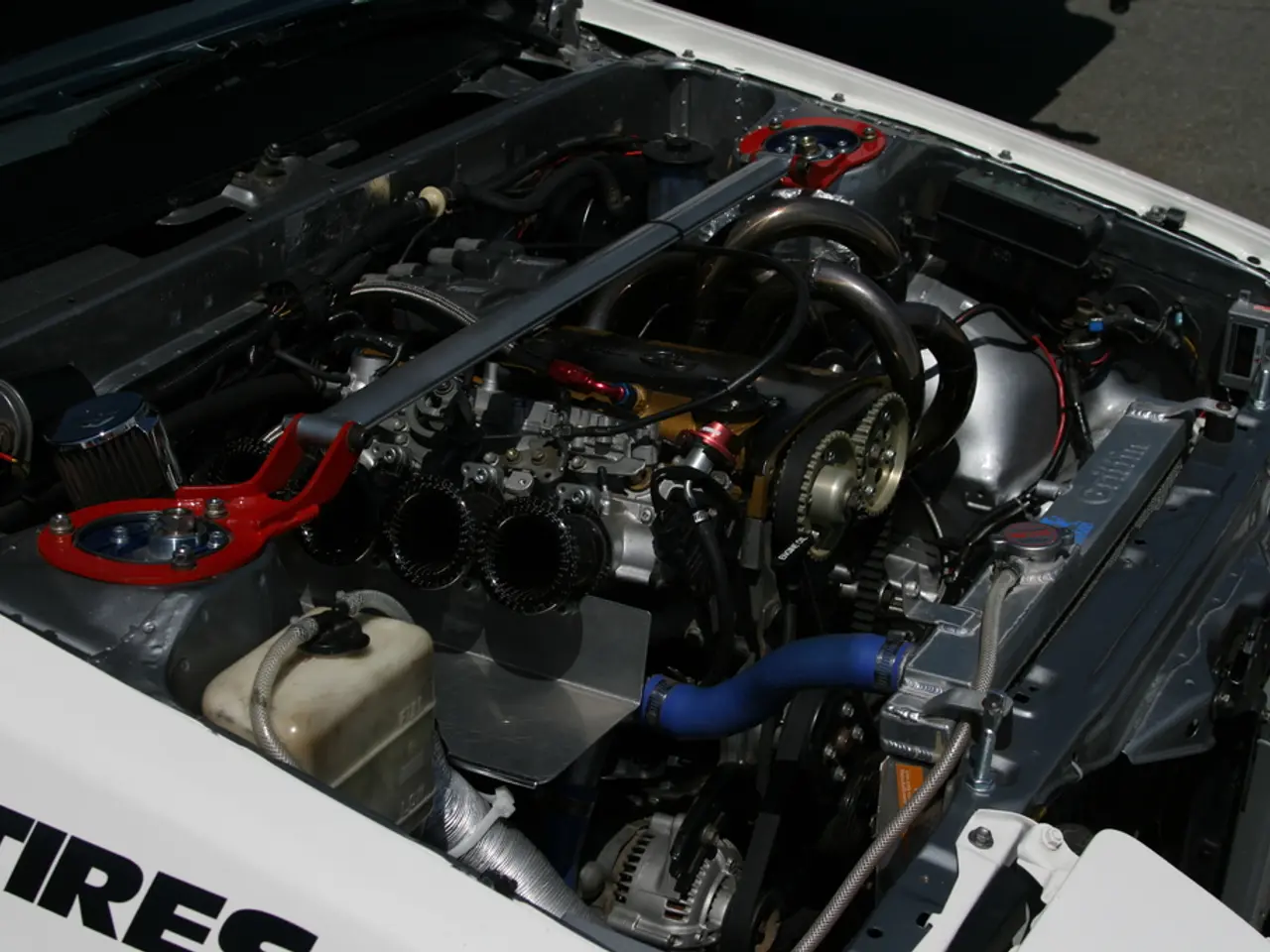Europe's battery manufacturing sector is experiencing significant progress
Europe faces a significant challenge in catching up with China's dominance in electric vehicle (EV) battery mass production. The root cause lies in a lack of a clear industrial strategy, late investments, and an initial focus on internal combustion engines. According to Moritz Schularick, President of the Kiel Institute for the World Economy, China's lead is nearly unbeatable [1].
However, Europe is not conceding defeat. To compete, a multi-faceted strategy is needed to strengthen the battery ecosystem, secure supply chains, and boost innovation with public support.
Key potential solutions include:
- Accelerating gigafactory development and operational capacity: Advances in battery gigafactory projects across Europe, such as Envision AESC in France and Agratas in the UK, are crucial to increasing domestic production close to EU demand goals [2].
- Securing raw materials and recycling capacity within Europe: Developing mining and refining operations, like the Aguablanca Mine in Spain and Nunasvaara graphite mine in Sweden, can reduce reliance on imports [2]. Recycling facilities, such as Altilium in the UK, help establish a circular supply chain, supporting sustainability and supply security.
- Leveraging strong public and EU investment: The European Commission has pledged significant funding (€852 million) to innovative battery manufacturing projects to boost competitiveness, emissions reduction, and industrial resilience [3]. Continued and expanded public funding will be vital to support emerging technologies and scale domestic production.
- Fostering innovation in battery technology: Investments in next-generation batteries and environmentally friendly manufacturing can help Europe differentiate its products and reduce costs [3].
- Political and industrial policy support: Removing regulatory and industrial bottlenecks and strengthening strategic alliances across EU countries can improve project viability and speed [1].
Europe aims for strategic independence by building a robust, diversified domestic battery ecosystem with government backing, secure raw materials, and scalable production facilities across multiple countries. The insolvency of Northvolt, while a setback, is part of a broader rebalancing rather than a terminal failure of European ambitions [4].
Continued policy focus and investment are essential for Europe to steadily increase production from today’s estimated ~24-50% of domestic battery demand by 2030 toward the EU’s target of 40% or more [1][2][3].
Meanwhile, European automakers mainly source their batteries from Asia, with BMW and Mercedes assembling battery packs with cells from Chinese, South Korean, or Japanese suppliers. Recently, around 600 million euros were provided by the state development bank KfW for the construction of a battery factory in Heide, with the federal government and the state of Schleswig-Holstein guaranteeing the convertible bond [1].
Despite these challenges, Europe's determination to compete in EV battery production remains undeterred. The future of the industry lies in a balanced approach that combines public and private investment, innovative technology, and strategic partnerships to achieve a self-reliant and competitive battery ecosystem.
[1] Schularick, M. (2022). The European Union's Laggard Status in Battery Production. Kiel Institute for the World Economy.
[2] European Commission. (2021). Battery Alliance: Accelerating the Deployment of Battery Cells and Recycling Capacities in Europe.
[3] European Commission. (2020). Strategic Action Plan on Batteries.
[4] European Commission. (2021). State of Play of the Battery Alliance.
- To catch up with China's dominance in electric vehicle (EV) battery mass production, Europe must accelerate the development and operational capacity of its gigafactories, such as those being planned by Envision AESC in France and Agratas in the UK.
- As part of its strategy to establish a self-reliant and competitive battery ecosystem, Europe is investing in next-generation battery technology to differentiate its products and reduce costs, as well as in recycling facilities, such as Altilium in the UK, to establish a circular supply chain.




